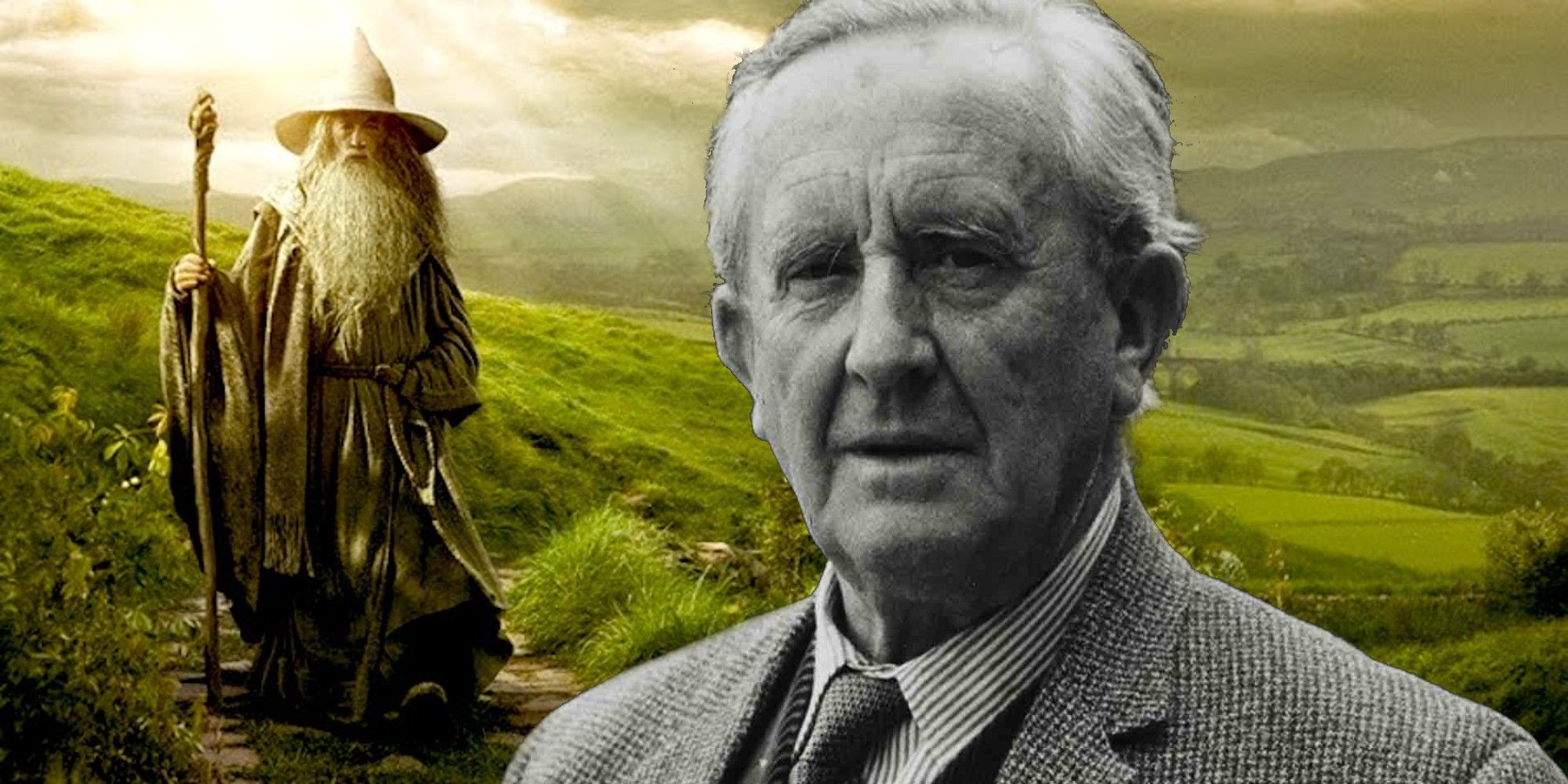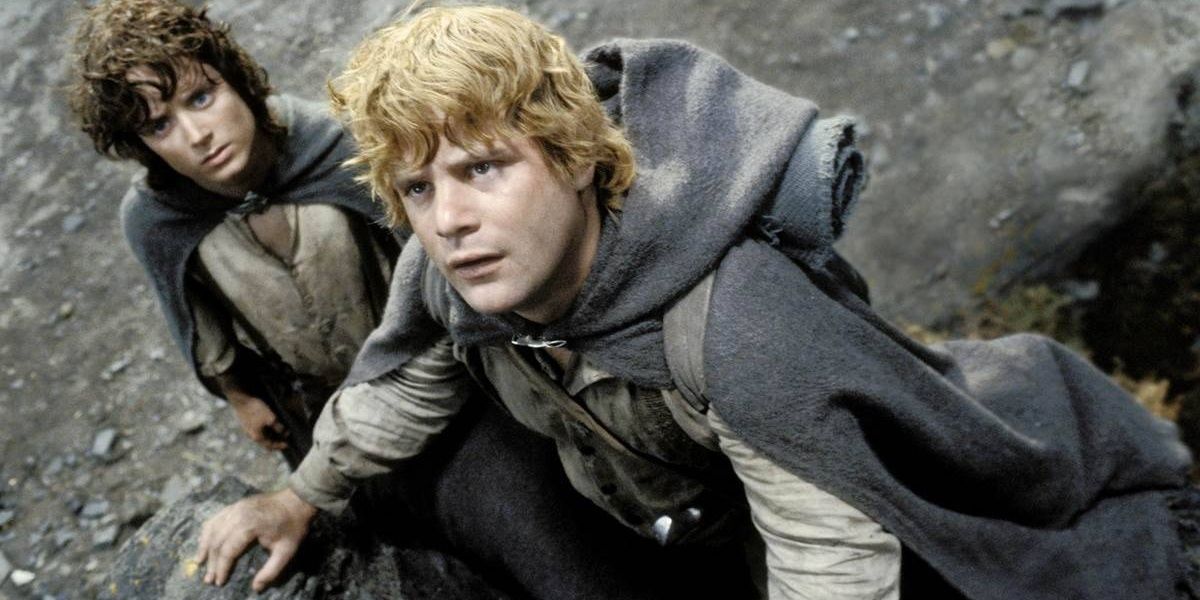While Warner Bros. wants to take advantage of the immense popularity and success of The Lords of the Rings franchise, the production company's new plan is shaping up to be J. R. R. Tolkien's worst nightmare. In the last two decades under Warner Bros.' stewardship, the franchise has included Peter Jackson's celebrated Lord of the Rings trilogy and his somewhat divisive Hobbit trilogy, and recently broadened to include Amazon's ambitious and gilded The Rings of Power streaming series. Taking place in the Second Age, a thousand years before the events of Jackson's films, it uses Tolkien's The Silmarillion and draws upon the world-building the author already did for Middle-earth.
Warner Bros and New Line Cinema have announced a planned collaboration on new Lord of the Rings movies, which may not only ruin The Rings of Power in the process but change the scope of Tolkien's body of work. The author has created an epic, rich, and complex world that has been replicated many times in the fantasy genre, but every intentional addition he made to Middle-earth had a purpose. There's a fear that in trying to compete with burgeoning franchises like Marvel and Star Wars, what Warner Bros is doing doesn't serve it.
Warner Bros' Lord Of The Rings Plan Isn't What Tolkien Would Have Wanted
Because of Tolkien's meticulous writing, Warner Bros.' plan for The Lord of the Rings is most likely not what the author would have wanted. Jackson's films, beloved as they are, changed many elements of Tolkien's original trilogy, from omitting characters and changing their personalities, to altering dialogue and key plot elements. Tolkien was always very precise with his use of language, and some of the alterations that made the adaptations accessible to new fans wouldn't have met with Tolkien's approval.
Christopher Tolkien notoriously hated Jackson's films and maintained that they emphasized action and warfare over character development and story. As head of the Tolkien Estate at the time, he protected his father's works as much as he could, ensuring everything from merchandising to creative liberties were as in keeping with his father's wishes as possible. He felt The Lord of the Rings had been exploited for popularity and its beauty and complexity commercialized beyond recognition until it would only appeal to "young people aged 15 to 25."
Why Lord Of The Rings Shouldn't Be Like Star Wars
Given his son's thoughts on Jackson's films, it's safe to say that were he still alive, Tolkien would not have approved of The Rings of Power either, and most certainly not wanted Warner Bros. to expand the franchise any further. With Warner Bros. having Star Wars ambitions for Lord of the Rings, there's the fear that Tolkien's legacy will be polluted simply for monetary gain. Even if fans dislike what's been happening to the Star Wars franchise lately, it benefits from new writers and directors with new visions because it isn't based on preexisting novels, but Tolkien already created a rich world that could be marred beyond recognition.
The only good thing that can come from Warner Bros. making more Lord of the Rings movies is introducing new fans to Tolkien's work, but that is an unquantifiable wish that potential installments cannot guarantee. If future movies crucify and malign what he's built beyond recognition like Orcs razing The Shire, his version of Middle-earth may be forgotten. To paraphrase Thorin Oakenshield, if Warner Bros "valued quality above hoarded gold, it would be a merrier world," but instead, they choose to oversaturate the market with something below Tolkien's standard just to cash in on his popularity.



